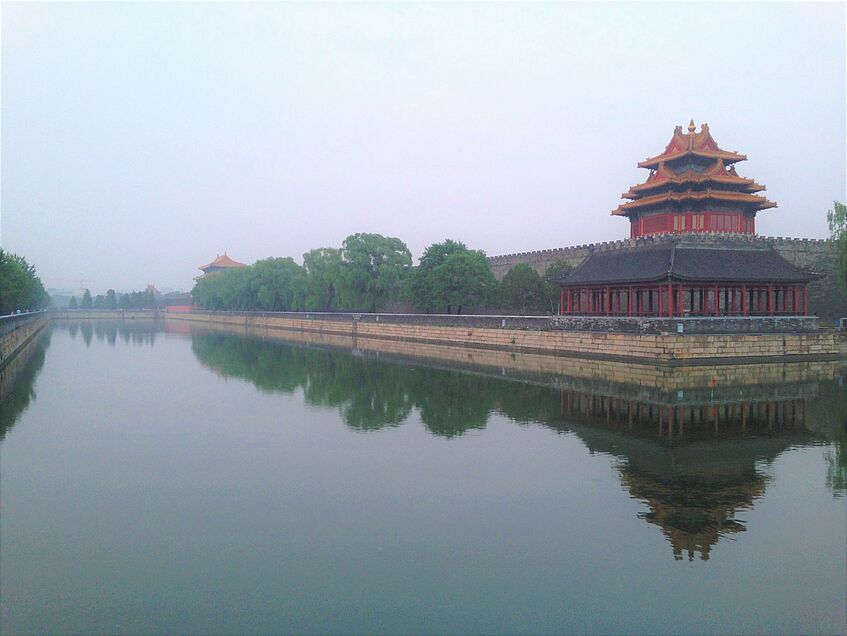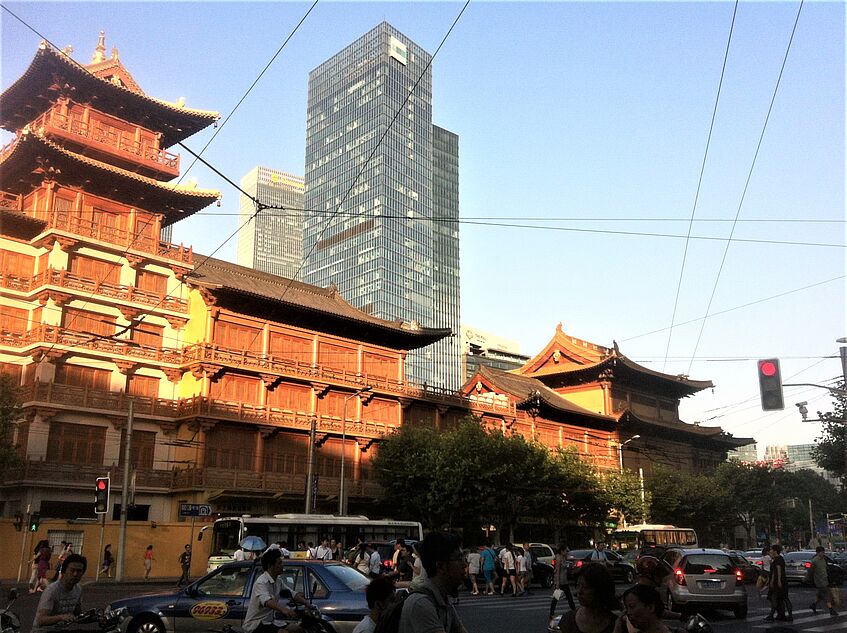Sinophone Societies and Cultures (Master)

© Heinz Christoph Steinhardt
The aim of the Master's programme Sinophone Societies and Cultures at the University of Vienna is to enable students to conduct independent social science and cultural studies research on the Sinophone world. Sinophone societies and cultures can be found in Chinese-speaking regions and communities in East Asia (including Mainland China, Hong Kong, Macau, Taiwan), Southeast Asia, North America, Europe and other parts of the world.
Students learn substantive content and research methods corresponding to the state of the art in the field. The programme deepens and expands Chinese language competencies to a level that enables students to understand advanced texts and communicate about intellectually complex topics. Graduates will acquire competencies for professional roles that require specialized knowledge of Sinophone societies and cultures, and their roles in global processes.
Master of Arts
Degree Programme Code: 066 811
4 semesters / 120 ECTS credits
Language: English
NO entrance examination
Curriculum in German (official)
Curriculum in English (information)
Facts & Figures
- Students: n.a.
- Graduates in the last academic year: n.a.
- Number of semesters needed for graduation (median): n.a.
Data updated on: 03.12.2024
Admission Procedure
Information about the admission procedure
Information on Previous Studies:
In any case eligible degree programmes at the University of Vienna:
Getting Informed
Getting started

© Christina Bazant-Kimmel
Study Programme
The master’s programme comprises modules on the following subject areas: Language Awareness; Situational Use of Language; Academic Language Proficiency; Cross-Disciplinary Perspectives on Social Transformations in the Sinophone World; Theories and Methods in Sinophone Studies; Researching Sinophone Societies and Cultures; Master’s Colloquium; Individual Specialization; Master’s Thesis; Master’s Examination.
Five Concepts
which you will deal with during your studies:
- Linguistic and Cultural Mediation
- Societal and cultural transformations
- Applied research methods and theories
- The Sinophone World
- Sinophone Studies
... and many more.
Overview of the programme structure & topics
Here you find the current offer of courses for this programme to gain better insight into the topics and structure. For more information please click on the respective level.
After Graduation
Graduates can pursue a career in a wide range of occupational fields: transnational cultural work and education, tourism, mass media, diplomatic service, national and international organisations (development policy), research, bilateral economic relations, companies active in the Chinese cultural area and on the Chinese market, or consulting, teaching Chinese, teaching basic knowledge of Chinese culture and region.
Graduates' Perspective on the Degree Programme
Graduates ...
- say that this degree programme receives the grade: 2.1 (good)
- rate the level of difficulty as: 3.6 (high)
→ These results are based on feedback from 9 graduates.
*You can find further assessments of the degree programme from its graduates’ perspective in the graduate survey of the master's programme in Sinology (in German).
